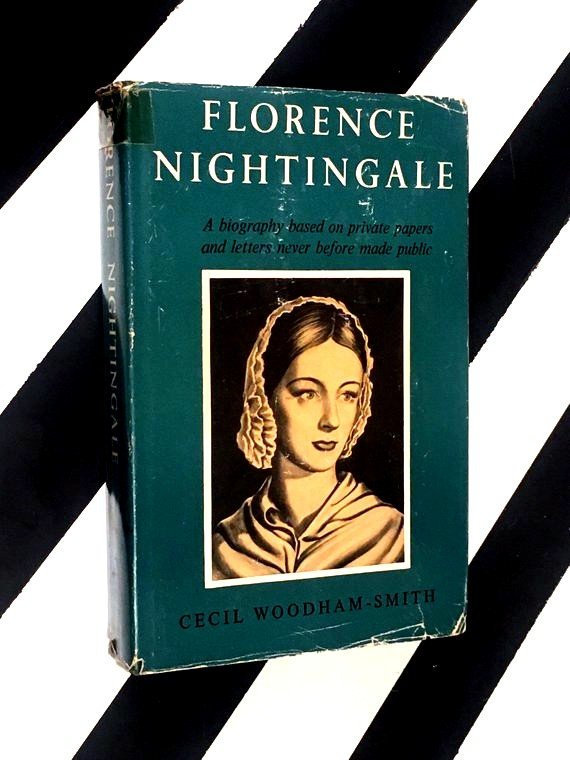


An edited edition with an introduction and commentaries was published by the University of Pennsylvania Press in 1994. She never published this work but, with encouragement from friends, agreed to have six copies privately printed. Nightingale discussed her spiritual views at length with Jowett, but expressed them most fully in an 829-page manuscript entitled Suggestions for Thought. I have adopted nearly all your hints as far as I have gone (however many hints I might give you, my belief is that you would never adopt any of them). I cannot be too grateful to you for criticizing Plato. Jowett thanked her, with a touch of humor, in a letter dated April 30, 1874.

At his request, Nightingale helped him with his introductions and summaries, sending him many “hints” for revision. One of her closest friends was Benjamin Jowett, a classical scholar at Oxford whose translations of Plato’s dialogues are still used today. Her father, a graduate of Cambridge and a liberal-minded Unitarian, gave her a classical education, which she furthered with lifelong studies in comparative religion, particularly mysticism, and statistical science. Nightingale was one of the most broadly educated women of the nineteenth century. It included three core concepts: (1) that the universe is regulated by scientific laws created by a higher intelligence (2) that within all human beings there is a divine nature, an inner tendency towards goodness and (3) that according to the law of evolution, all human beings will eventually actualize their divine potential. Nightingale’s work in nursing and public health was based on a profound spiritual philosophy she had developed in her adolescence and early adulthood. Upon His carrying out such laws depends our responsibility” (Nightingale, Notes, 25). In her textbook Notes on Nursing she wrote: “God lays down certain physical laws. Unlike many of her contemporaries, Nightingale saw no conflict between science and spirituality. (Reproductions and analyses of these charts can be found in Cohen.) A pioneer in the use of statistics, she used her famous pie charts to show the reduction in the death rates from infectious diseases after a series of sanitary reforms had been implemented. This image is not only factual but highly symbolic, for she brought an enlightened vision to the healthcare at the British military hospital. Printed in the Winter 202 0 issue of Quest magazine.Ĭitation: Macrae, Janet, "Florence Nightingale’s Scientific Spirituality" Quest 108:1, pg 20-23įlorence Nightingale is best known as the Lady with the Lamp, who nursed British soldiers during the Crimean War (in which Britain and France fought against Russia, 1854–56).


 0 kommentar(er)
0 kommentar(er)
